Should you use DEET or choose a DEET-free alternative to keep bugs at bay? The debate tends to be a hot one these days.
First, a little history. DEET is the name for N,N-diethyl-m-toluamide, an active ingredient in many insect repellents. It was initially developed by the US Department of Agriculture for the military and then was registered for commercial use in the US in 1957. DEET was one of the first chemicals widely used to protect against mosquitoes and, because of its effectiveness, has been a popular choice ever since. (1,2)

This is an example of a product that contains 100% DEET.
It wasn’t until the 1980s, nearly 40 years after DEET’s invention, that worrisome announcements about the use of DEET emerged. These concerns arose from reports of encephalopathy after DEET exposure, primarily in children.
What is encephalopathy? It is a broad term that describes brain disease, particularly one that alters brain structure. The cases that came to light, however, could only claim speculative results from DEET use.
Even after numerous studies on DEET through animal testing, observation studies, and intervention trials, there was no concrete evidence of DEET’s role in causing encephalopathy. In fact, most incidents concerning DEET were found to be due to misuse, according to the EPA. (3)
Still, DEET is a powerful chemical. And as many health professionals will say, no chemical is ever truly safe.
DEET may cause serious irritation to the eyes and skin, and can be harmful if accidentally ingested. Recent studies by the London School of Hygiene and Tropical Medicine found that some mosquitoes are becoming DEET resistant. The study showed some mosquitoes were less sensitive to the use of DEET several hours after initial exposure. This could prove DEET to be less effective as mosquito traits adapt to the repellent. (4)
Finding an all-natural solution to minimize your risk of mosquito bites is always going to be the safer solution. (One caveat to point out: please be cautious in areas where mosquitoes carry harmful diseases like malaria or the Zika virus.) (5)

Don’t succumb to chemicals AND mosquitoes!
When you choose natural ingredients like lemon eucalyptus, lavender, or citronella oils, you are significantly limiting your exposure to harmful chemicals. Finding natural solutions that the whole family – including pets and babies – can use is key to enjoying the outdoors.
References:
(1) https://parasitesandvectors.biomedcentral.com/articles/10.1186/1756-3305-7-173
(2) https://www.consumerreports.org/insect-repellent/how-safe-is-deet-insect-repellent-safety/
(3) https://www.naturallivingideas.com/deet-dangers/
(4) https://www.lshtm.ac.uk/newsevents/news/2013/mosquito_deet_research.html
(5) https://www.popsci.com/article/science/deet-safe-use



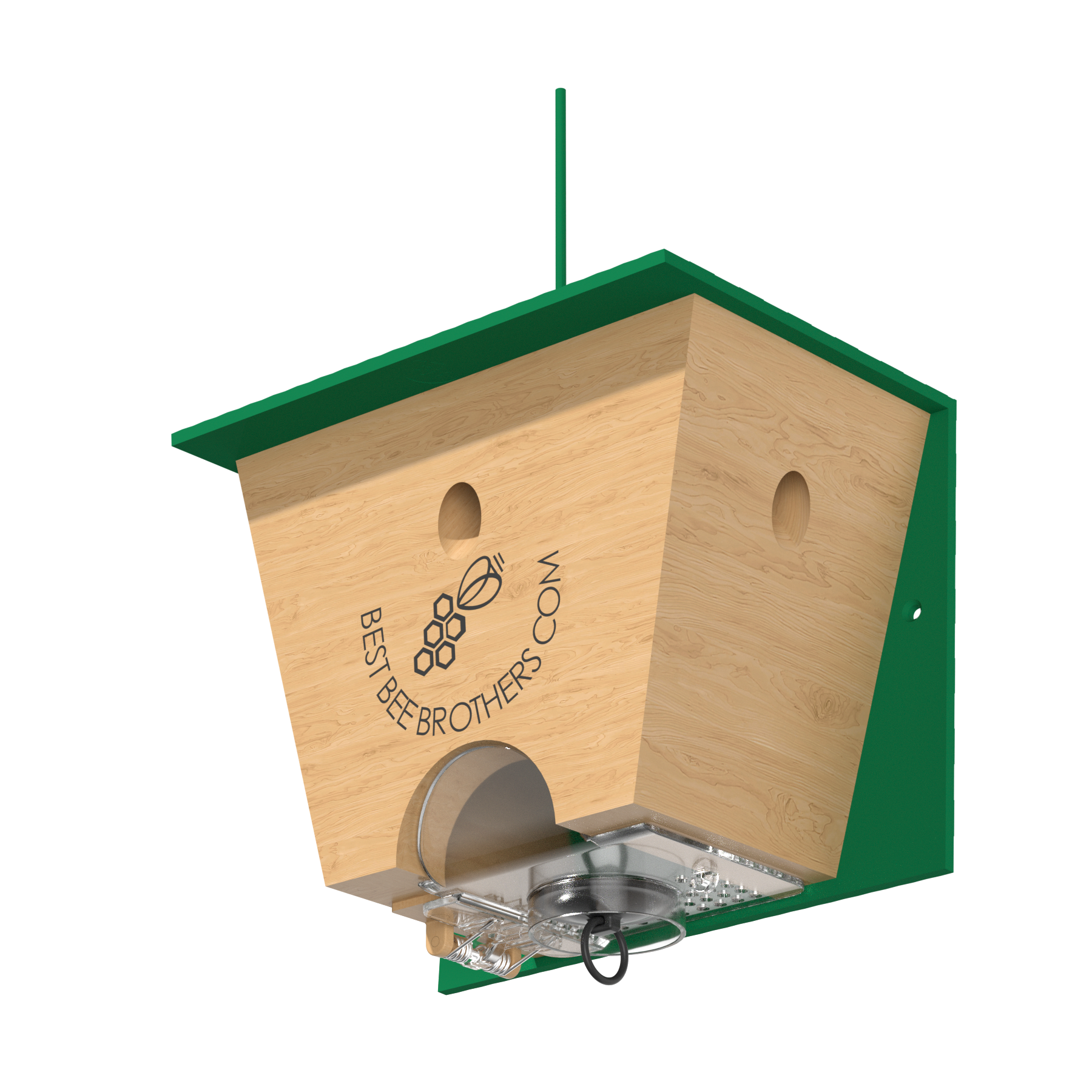
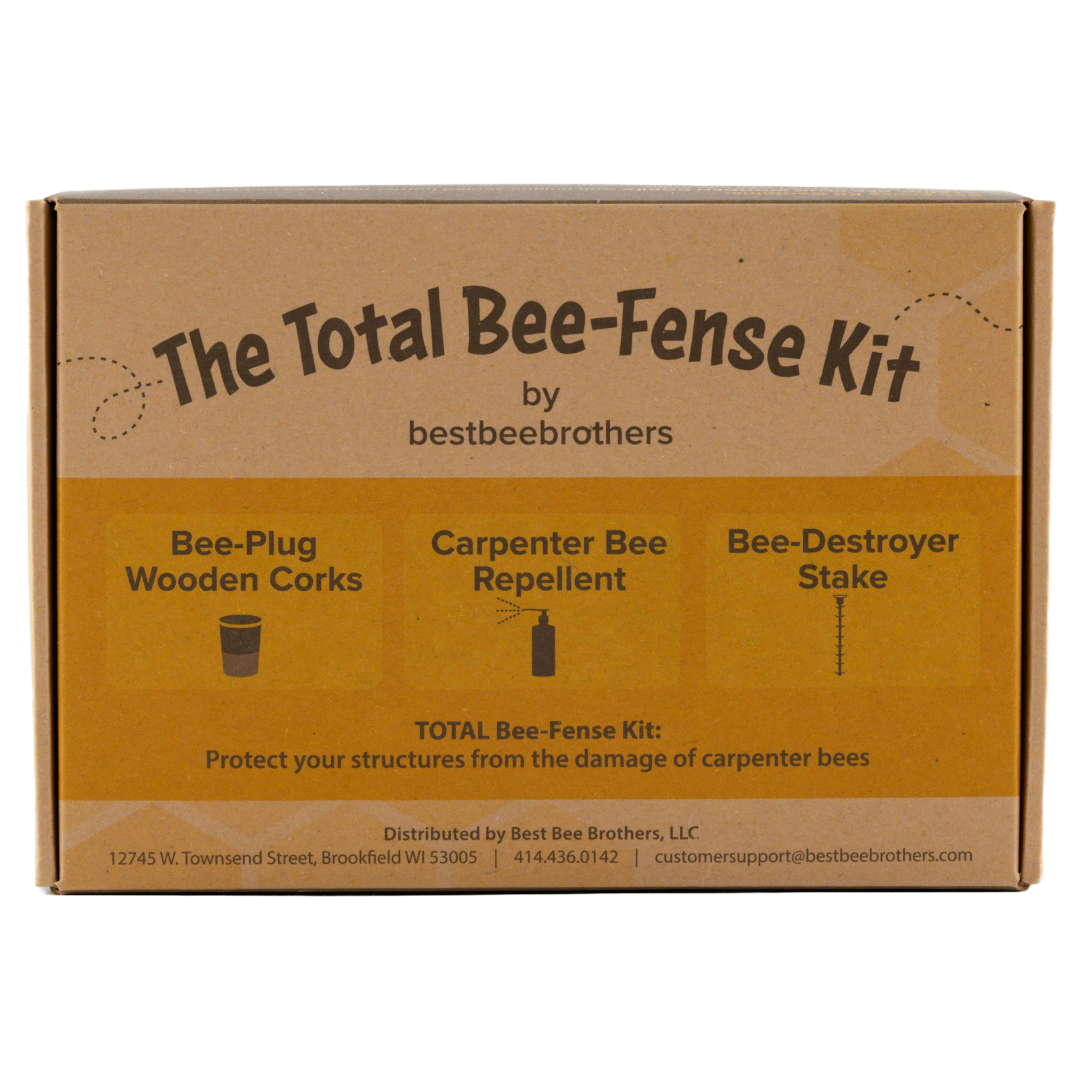
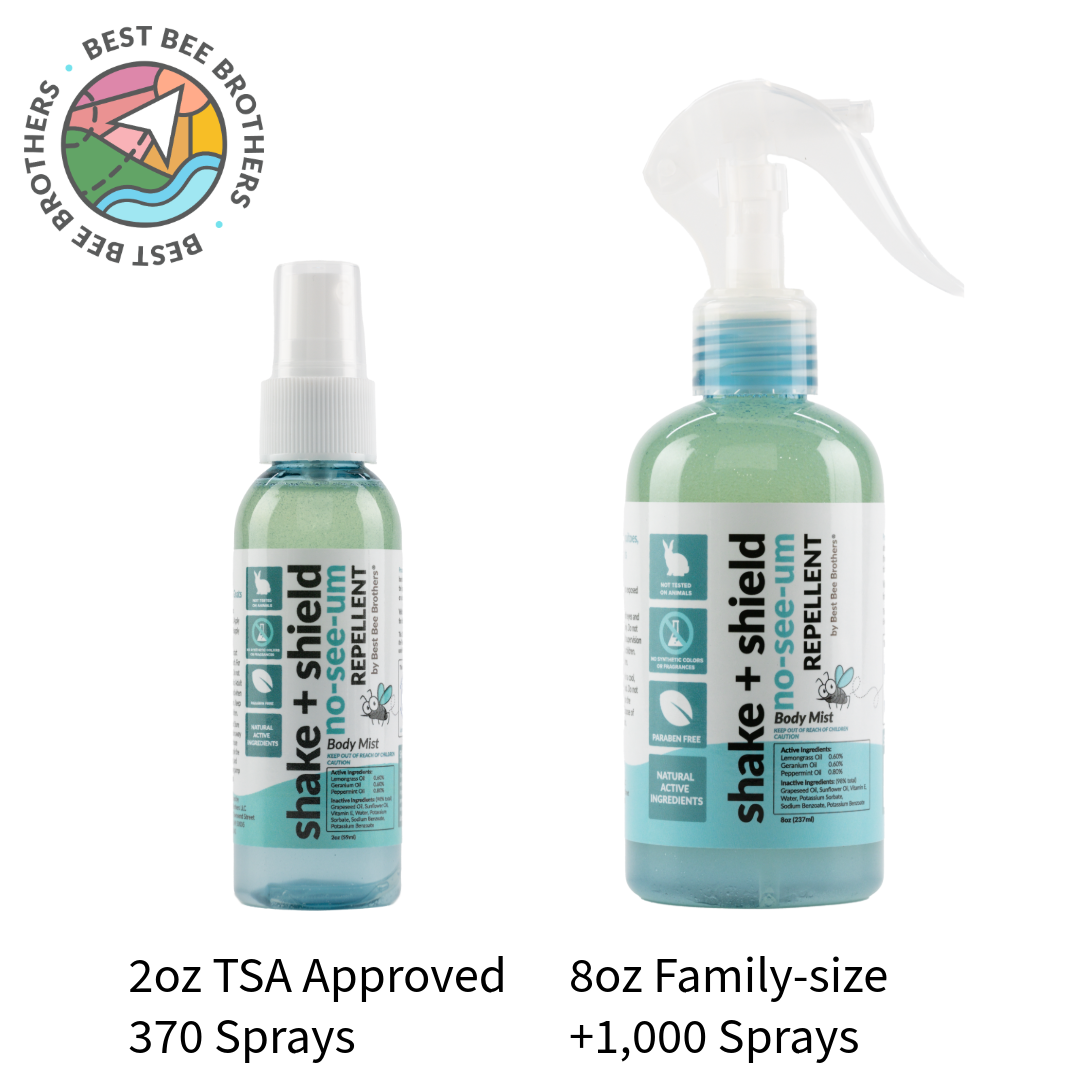
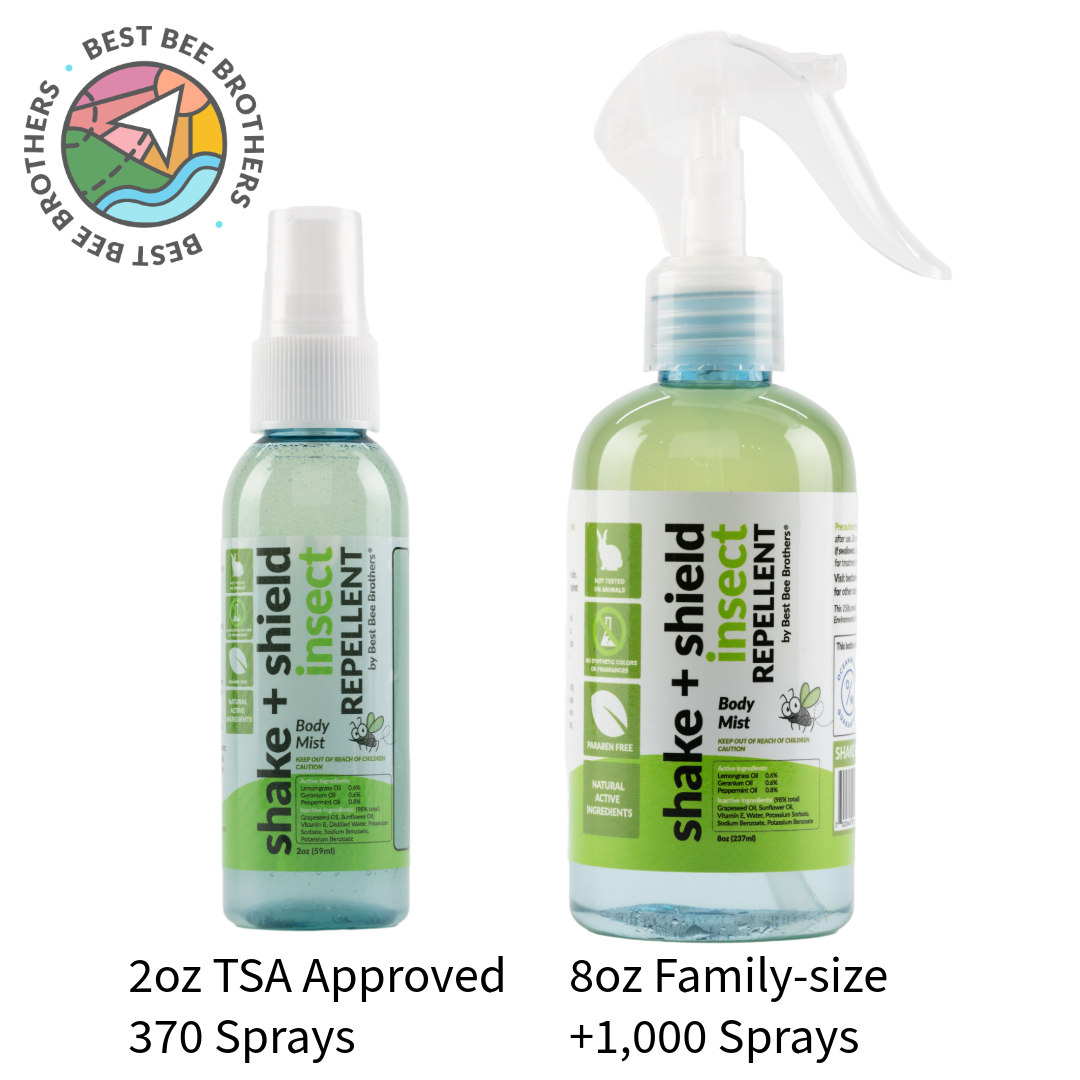
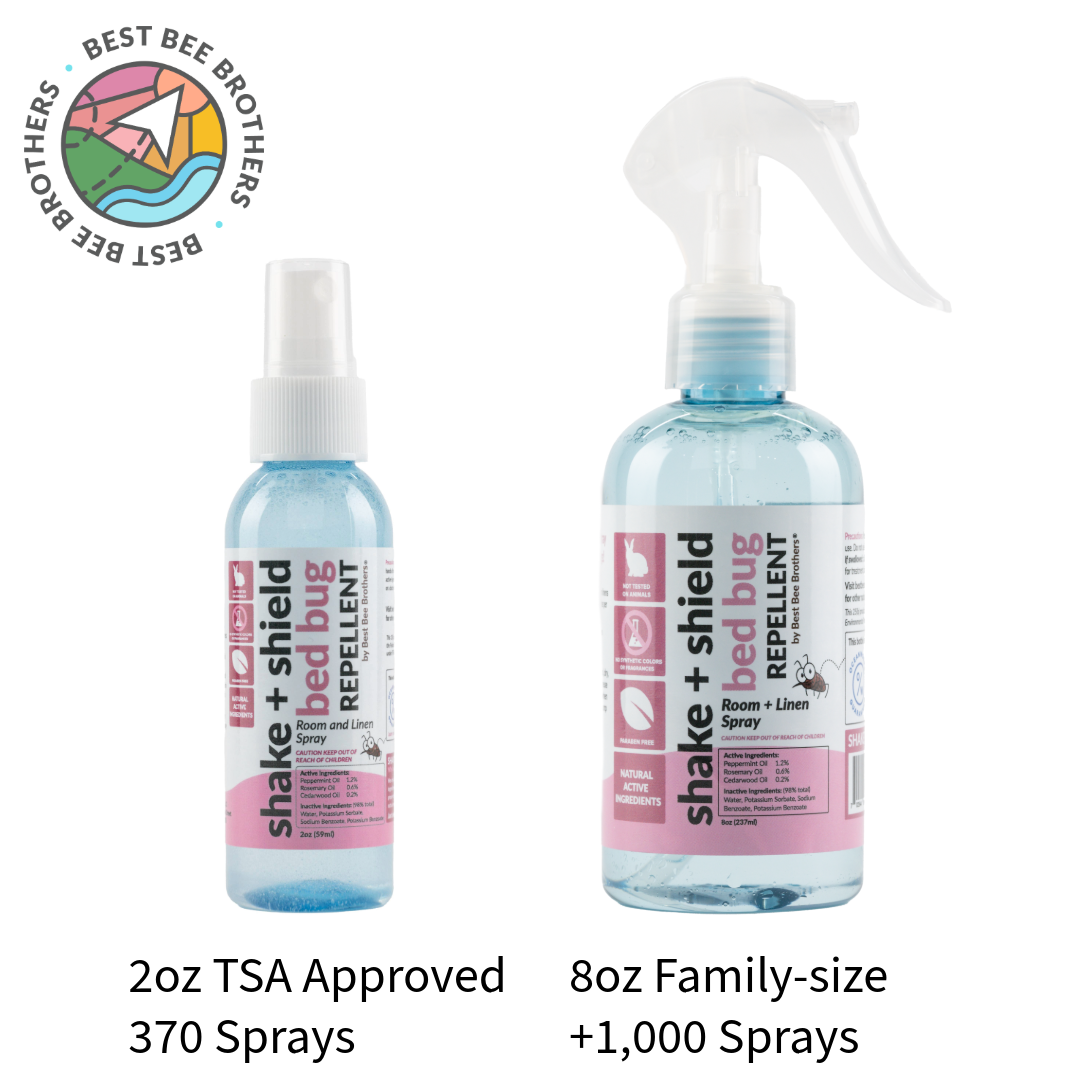
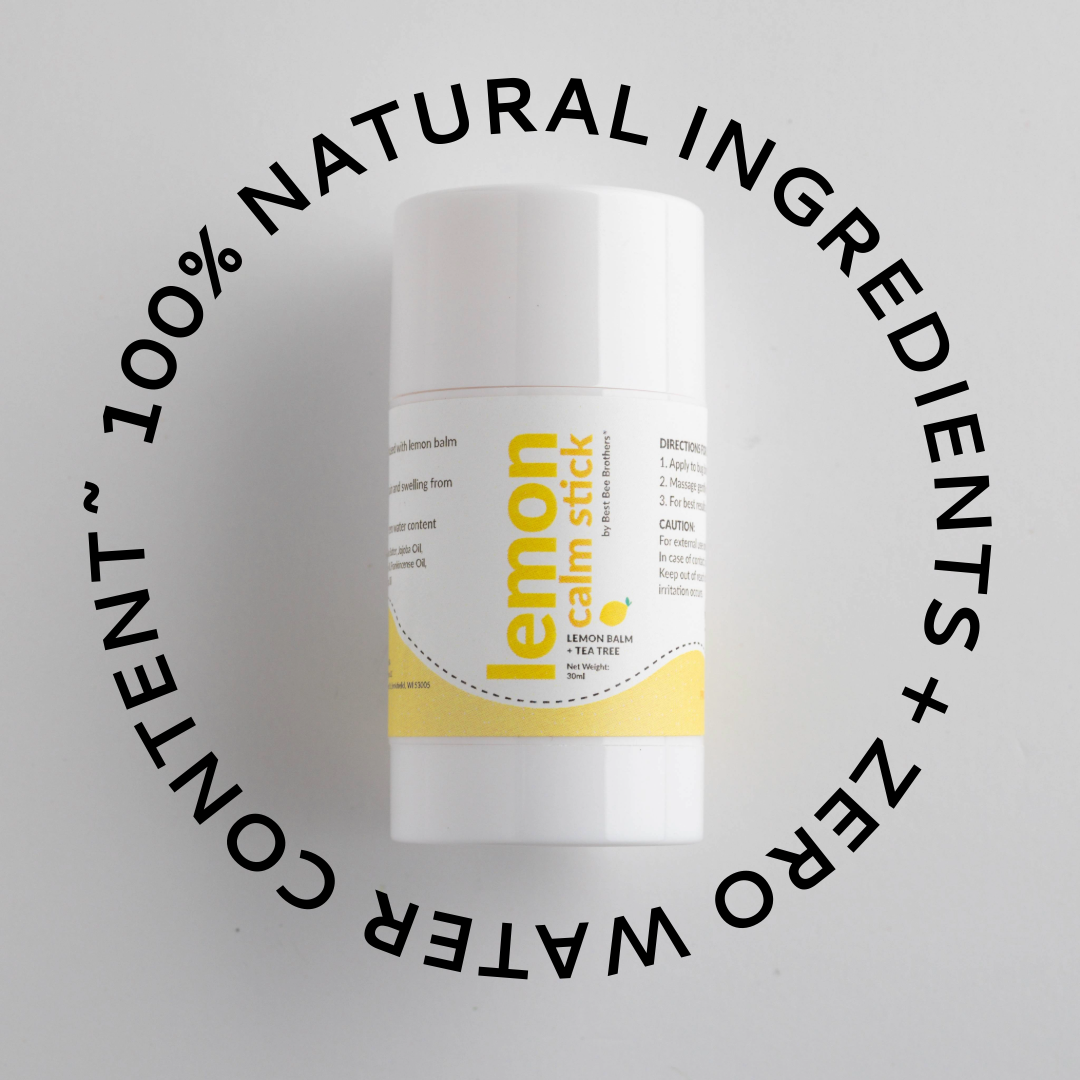
Leave a comment
All comments are moderated before being published.
This site is protected by hCaptcha and the hCaptcha Privacy Policy and Terms of Service apply.